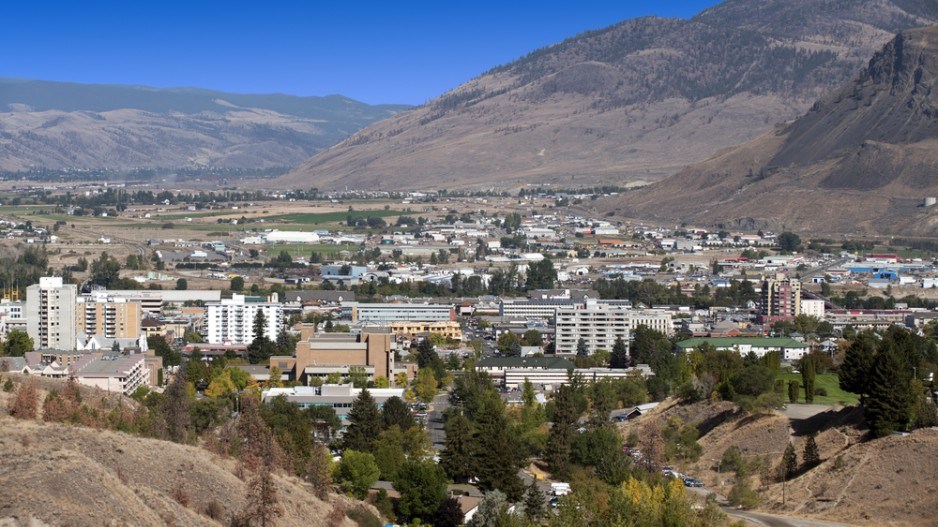As a fourth generation Kamloops native and executive director of a local business association, Steven Puhallo knows what makes his hometown’s economy tick – which is why he and the group he speaks for are such strong supporters of the proposed Trans Mountain Pipeline.
“When [Kinder Morgan Canada] came through with the first Trans Mountain Pipeline in the 1950s, it provided a tremendous boost for the local economy,” said Puhallo. “People who lived here then remember that it helped the economy so much they were able to send the first generation of their family to university and trades training. It helped families in the whole area.”
The proposed $6.8 billion expansion of the original line provides even more in new opportunities, he says.
“It’s a 21st century pipeline. The impacts will be even greater,” said Puhallo, executive director of Kamloops’ North Shore Business Improvement Association (NSBIA). “It will create an investment boom that will benefit the area for generations, just like the earlier pipeline has.”
NSBIA was created 28 years ago as an outgrowth of the federal government’s business improvement association program. The group represents 650 businesses and 350 commercial properties in the North Shore area of the city in an area that includes three shopping malls, the Kamloops Airport and a key transfer point for the existing Trans Mountain Pipeline, which carries crude oil from Alberta to Burnaby.
Mayors and other community leaders in Burnaby and Vancouver have come out in opposition to the expansion project based on concerns about environmental impacts.
Those are concerns Puhallo doesn’t dismiss out of hand, nor does he give short shrift to some of the aboriginal opposition. However, he says the pipeline has run through the commercial heart of Kamloops for over 60 years without any environmental impacts.
Meanwhile, the economic benefits for the community are without dispute in his mind.
That’s the case for the vast majority of the residents of the city, he says, particularly for businesses.
The NSBIA represents an area with a population of about 40,000, while the Kamloops Downtown Business Association represents the city’s downtown core. Both are strong supporters of the project, as is the local chamber of commerce.
If it goes ahead, Trans Mountain expansion construction crews would be housed in the city for several months, spending an estimated $42 million in local motels, restaurants and shops.
“Kinder Morgan will spend an estimated $455 million on construction of the pipeline in the Kamloops region,” said Puhallo. “That will provide a tremendous boost to the area’s economy.”
In addition, the company would pay the city $1.2 million a year in taxes once the line is complete.
Puhallo says Kamloops area residents have a positive relationship with Kinder Morgan.
“They have a stellar reputation. They sponsor a lot of things in the community,” he said.
The company spent $1 million on the Lac du Bois Grasslands area, where it retained plant and soil specialists from Thompson Rivers University to develop a seed bank to plant native grasses along a pipeline right-of-way.
“They did that whether or not the pipeline expansion proceeds,” he said.
Kinder Morgan has also committed $700,000 to an effort to beautify the corridor that runs from the Kamloops Airportthrough the North Shore service area.
While the vast majority of those in the community are strong Trans Mountain supporters, he says the company has been respectful about some residents’ concerns.
“There’s huge support here, but they still are considerate in responding to any concerns that are raised,” he says. “They still listen.” •




